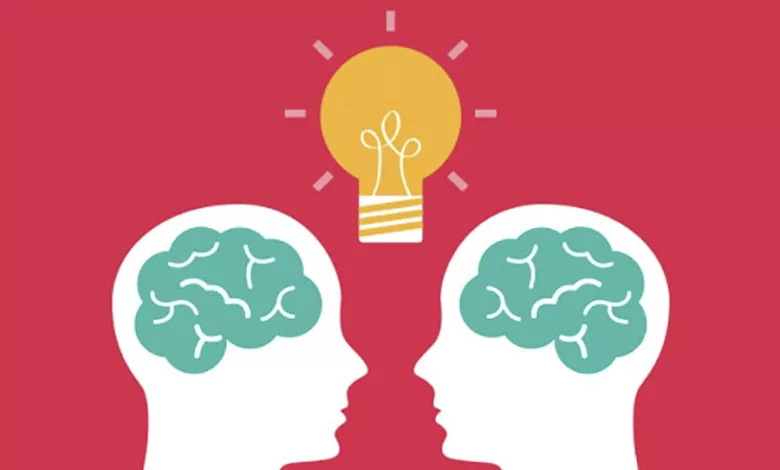Brain Health for Older Adults

Advice surrounding brain health is everywhere. Eat this, don’t eat that. Prioritize exercise. Optimize sleep. Manage stress. Learn something new. What does it all mean? Do lifestyle habits really make a difference in reducing the risk of cognitive decline? If so, where does one start?
Whether you are aging healthfully but want to reduce your risk of Alzheimer’s disease or you or a loved one have received a diagnosis of Alzheimer’s and want to extend and maximize quality of life, studies show a focus on brain health matters.
Let’s start by defining what we mean by “brain health” — it is making the most of our capacity to thrive in life within individual circumstances.

A powerful example of this concept comes from a Center for BrainHealth study conducted over two decades ago with individuals diagnosed with mild Alzheimer’s. This randomized study assessed the impact of drugs alone vs. drugs plus an intervention focused on strengths. The areas of “strengths” included social interaction, meaningful engagement, and environmental support— factors contributing to the larger concept of brain health.
After one year, individuals who received the brain health intervention in addition to drugs did better on measures of cognition, behavior, and emotional well-being compared to their peers in the drug-only treatment group.
Elements of this strength-based approach (now referred to as a brain health approach) are part of current healthy aging research protocols aimed at reducing the long-term risk of cognitive decline. Studies suggest a holistic brain health approach provides immediate and long-term benefits.
 What is a brain health approach? In short, it is about creating life rhythms that promote brain health. For example, consider lifestyle factors such as social relationships, diet, exercise, sleep, and stress levels. Every day we make choices that create a foundation that can either enhance or impede brain function, and the impact accumulates over time. By prioritizing brain health, we can build a healthier life and a healthier brain.
What is a brain health approach? In short, it is about creating life rhythms that promote brain health. For example, consider lifestyle factors such as social relationships, diet, exercise, sleep, and stress levels. Every day we make choices that create a foundation that can either enhance or impede brain function, and the impact accumulates over time. By prioritizing brain health, we can build a healthier life and a healthier brain.
Here are three ideas to get you started.
Be Strategic. To create sustainable change, we must be strategic. We can’t do everything, so it is important to target areas with the most potential for benefit. Make a list of several areas you would like to improve upon, then determine which would likely yield the biggest benefit. That is your starting point.
Start Small. Once you have a target area, create an actionable plan. If you identified sleep as a challenging area to improve, a first step might be to educate yourself on factors that impact sleep. Next, take something you learn and apply it. For example, if you learn morning light benefits sleep, find a way to include this activity in your life, such as enjoying your morning coffee on the patio.
Be Consistent. If your plan is enjoyable, you are likelier to stick with it, so consider enlisting a friend to make it more fun. Consistency is essential because change, including brain change, takes time. In addition to enhancing daily life, these new rhythms are also benefiting how the brain works.
If you are interested in starting but would like to have help creating a plan, check out the Center for BrainHealth’s website.
We have programs for healthy agers, people with mild cognitive impairment and programs and research studies for people with early Alzheimer’s. Change doesn’t happen without intention, so set your sights on brain health and see what happens.





